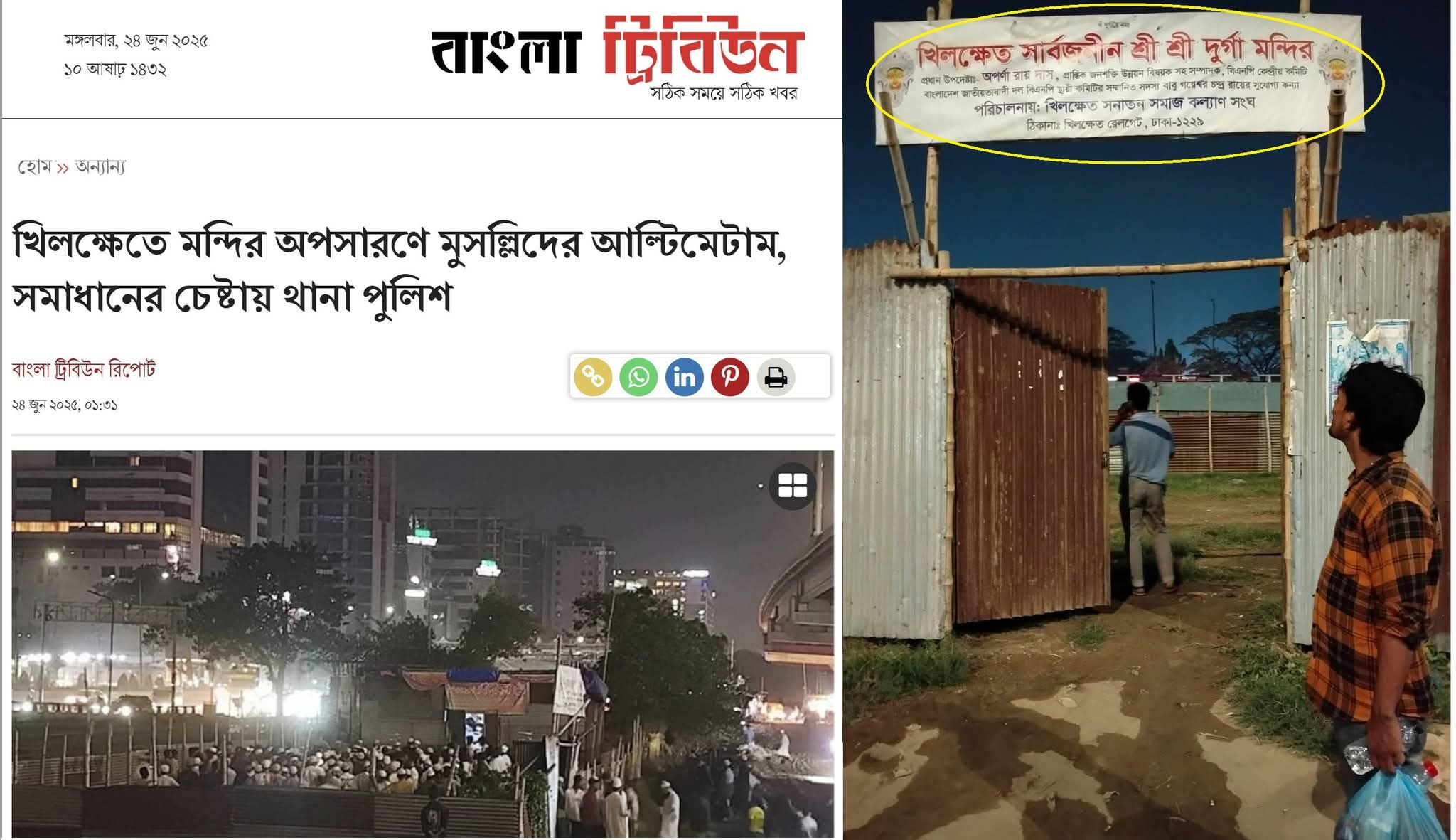The Facebook page of Bangladesh Media Monitor, a Malaysia-based non-profit organization, has recently come under a cyberattack, confirmed by the organization’s Editor.
In an interview with The Rummage, Bangladesh media monitor editor Munware Alam Nirjhor disclosed that a fraudulent Facebook page had been created under the name “Bangladesh Media Monitor” to carry out this cyber attack. “An imposter Facebook page was established under our organization’s name, which then reposted content from our legitimate Bangladesh Media Monitor account, falsely claiming our page to be counterfeit and spreading misinformation,” Nirjhar stated.
Investigations into this fake page revealed that it was originally created on November 26, 2022, under the name “Technical Media,” before being renamed to “Bangladesh Media Monitor” on September 27, 2024. Nirjhor clarified that the authentic Bangladesh Media Monitor Facebook page was launched in 2023 and that the fake page had even stolen their official logo, further complicating the situation.

Photo: The information of the fake page created on the name of ‘Bangladesh Media Monitor’ (Collected)
The attack occurred shortly after Bangladesh Media Monitor published two significant investigative reports involving prominent Bangladeshi media outlets, Somoy TV and Bangla Tribune. These reports have raised serious questions about the integrity and professionalism of these organizations.
In one report titled “Somoy TV Becomes the ‘Mexico Route’,” Bangladesh Media Monitor alleged that Somoy TV had been used as a means for journalists to illegally enter the United States under the pretext of covering the United Nations General Assembly. The investigation uncovered that several journalists, who traveled from Dhaka to the United States under Somoy TV’s banner, did not carry out any coverage and are now suspected of intending to remain in the U.S. permanently. The report also revealed connections between these journalists and a known corrupt individual, Mahmud Rakib, who is allegedly facilitating illegal migration to the U.S. for monetary gain. This raised concerns about whether the station was complicit in or aware of these activities, as it had provided the necessary documentation for these individuals to travel.

Photo: Report on Somoy TV’s involving in human trafficking issue published at Bangladesh media monitor facebook page
Another investigative report titled “Bangla Tribune Editor’s Biased Journalism” scrutinized the actions of Bangla Tribune’s Editor, Zulfikar Russell, exposing his deep affiliations with the ruling Awami League. The report highlighted Russell’s role as both a celebrated lyricist and a political figure closely tied to the Awami League, which calls into question the objectivity of his journalism. It detailed how Russell’s work frequently reflects the ruling party’s ideology, blurring the lines between professional neutrality and partisan loyalty. As an Organizational Secretary of the Editors Guild, a pro-Awami League body, and through his composition of songs used in the party’s campaigns, Russell has displayed a pattern of biased journalism. The report also drew attention to his editorial practices at Bangla Tribune, suggesting that his leadership often favors the ruling party’s narratives, undermining journalistic independence and objectivity.

Photo: Report on the Bangla Tribune’s Editor biased journalism published at Bangladesh media monitor
Nirjhor has directly accused both Somoy TV and Bangla Tribune of involvement in orchestrating the cyberattack on Bangladesh Media Monitor in retaliation for the publication of these reports. He emphasized that the timing of the fake page’s creation coincided with the release of these investigative pieces, indicating a deliberate attempt to discredit and intimidate Bangladesh Media Monitor. Furthermore, The Rummage, which covered these reports, also became a target of the same cyber attackers, who went on to manipulate its Facebook page and a post made by its Editor, Ayaz Ur Rahman.
Adding to the complexities, Nirjhor revealed that a group had approached him, attempting to gather information about The Rummage, raising concerns about a broader effort to suppress critical media voices in the region.
Nirjhor speculated that a pro-Awami League journalist might have orchestrated the attack, suggesting it was an act of retaliation against Bangladesh Media Monitor’s critical reporting on these media outlets and their affiliations.
The cyberattack on Bangladesh Media Monitor serves as a reminder of the challenges faced by independent media organizations in their pursuit of journalistic integrity and the struggle to maintain freedom of expression amidst retaliatory efforts by entities exposed for their misconduct.







Leave a Reply